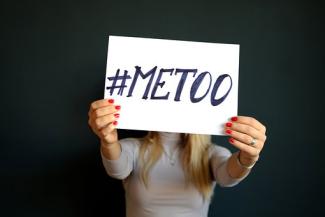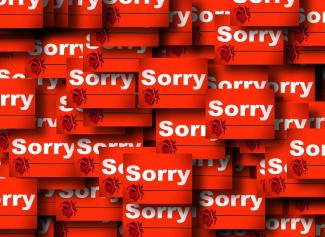Defamation & Reputation Articles and News
Defamation is the umbrella term which covers both libel and slander. When you are defamed, harm is caused to your reputation. If that harm is serious, and depending upon the context in which the untrue words have been published about you, it is possible that you could bring a claim for compensation and an injunction. Defamation claims are only dealt with by the Queen's Bench Division of the High Court. They are generally very complex and technical, and expert assistance is required to deal with defamation matters effectively.
There are two types of defamation, libel and slander. Libel is untrue statements which are made in a permanent form, usually in writing. Slander refers to untrue statements which are made in a non permanent form, usually by being spoken. Defamation of character can have far reaching consequences. You could fall out with friends and family, you could be shunned from clubs or societies that you are a member of, and in extreme circumstances, you could lose your job. Restoring your reputation involves making technically challenging allegations to your opponents and then potentially bringing a claim in court. The complexity of this type of case, and the short period of time that you have to bring a claim, means that it is advisable to speak to a lawyer as quickly as possible if you have suffered defamation of your character. We have a team of expert lawyers who can assist you with this type of case.
-
Sharing intimate images of someone without their consent can lead to criminal prosecution as well as awards of damages.
-
The Kardashians will pay nothing to Blac Chyna following the outcome of a libel claim in the USA.
-
If you are the victim of revenge porn and images have been shared without your consent, what can you do?
-
The disastrous conclusion of Johnny Depp's English libel case has seen the resurrection of his suit against Amber Heard in the USA.
-
The Mail on Sunday's reporting of Harry's security arrangements, and whether he offered to pay himself, are to be scrutinised by a libel judge in the High Court.
-
A libel case between Rooney and Vardy concerning leaks to newspapers is set to continue for some time yet, as mediation stumbles.
-
Trustpilot leads the way in tackling fake reviews by introducing a feature which requires reviewers to verify their identity before they can publish material.
-
The owner of three pubs was hounded by his local council for years, with malicious prosecutions. Decades later he has won an apology and a substantial payout.
-
A tweet aimed at Rachel Riley has led to a relatively modest damages award of £10,000 by a libel judge.
-
A councillor who published a libellous tweet depicting Jeremy Corbyn, has quickly retracted the statement he made and apologised for his actions.
-
The number of social media users on the planet is huge, and it's growing. Every social media user is a publisher under the law and untrue statements are inevitably published, but what can you do?
-
Are you at risk of being sued for libel or breach of privacy, as a result of your social media posts? A new campaign encourages consideration of these issues.














